What does the distinction by genre mean in FAMA ?
Apocrypha, visions
All apocryphal literature written between the 5th and 15th century, for example the Virtutes apostolorum by the Pseudo Abdias, and all literature concerning revelations or visions, such as the Visio Tundali.
Bible: commentaries, glosses, catenae
All works made for biblical exegesis, including concordances, except summaries and versifications, which are grouped under the following heading.
Bible: summaries and versifications
For example, the Historia scholastica by Pierre Comestor; the Compendium historiae in genealogia Christi by Pierre de Poitiers; the Aurora by Pierre Riga.
Law and normative texts
Works intended to have a normative value for a community, namely works of civil and canon law, but also summae concerning confession (Summa de casibus…)
Edification, devotion, moral works
Texts on spirituality and all works devoted to the formation of an individual or a community.
Encyclopedias, geography, natural sciences
Philosophical encyclopedias (non-technical); travel accounts, itineraries to holy places.
Grammar, stylistics
Everything concerning the art of expression, the trivium (except dialectic, which is included in philosophy).
Hagiography
Texts concerning saints (lives, miracles, relics, translations).
Historiography, prophecies, biographies other than lives of saints
All accounts of past and future events
Literature
Understood as narrative poetry, including works of fiction, romances, stories, arts of love, etc.
Liturgy
Theoretical reflections on the liturgy (explanation of rites, symbols, gestures, etc.).
Technical manuals
Works concerning sciences not included in the quadrivium, often having a practical dimension, such as medicine, hunting, architecture, agronomy, magic, astrology, etc. More generally, all practical works that are not covered by encyclopedias.
Lyric poetry
Understood as non-narrative poetry (elegies, carmina, etc.), as well as theatre, hymns, tropes, sequences, all that is sung, and liturgical drama (ludus).
Sciences
The arts of the quadrivium: music, astronomy, arithmetic, geometry and computus.
Sermons, preaching
Sermon collections, the ars praedicandi, and the distinctiones used by preachers.
Didactic texts: classroom books, dictionaries, lexicography
Understood in the broad sense, thus including works like the Floretus.
Theology
All sacred doctrine.


